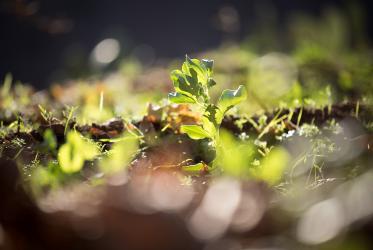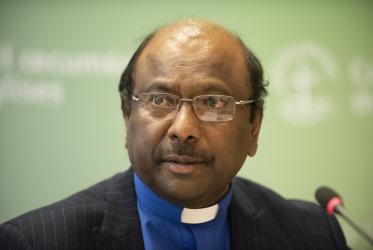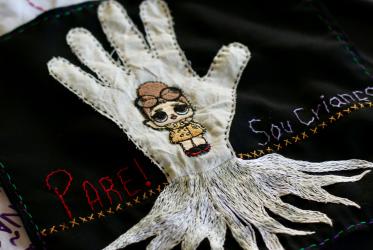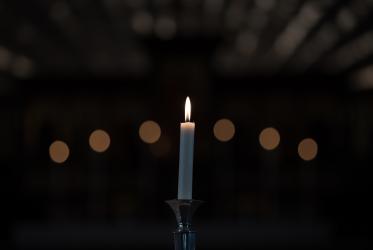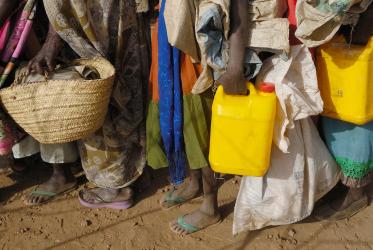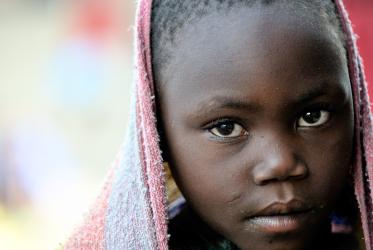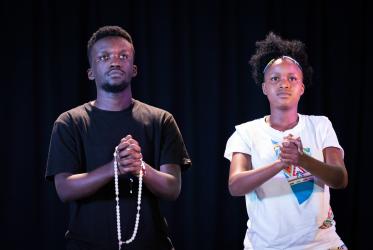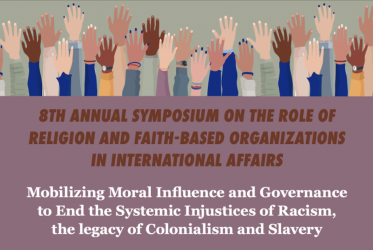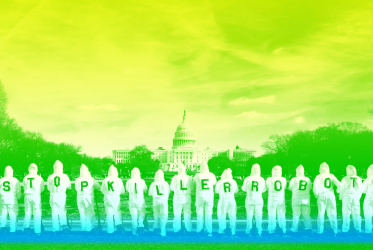Displaying 21 - 40 of 96
Thursdays in Black Bible Study: Solomon’s Wisdom in Judgment
08 December 2022
Faith communities in the HIV & AIDS response today
01 December 2022
2022 Social Forum: Water for human rights and sustainable development
03 - 04 November 2022
Palais des Nations in Geneva, Switzerland
WCC Webinar: “Community, Church, State and the economics of enslavement: views from across the Atlantic”
25 March 2022
Online - https://us02web.zoom.us/webinar/register/WN_STpdXM7cRhqU5pS2pIVpkQ
11th Assembly Bible study - Lent
20 December 2021
WCC webcast - Launch of new campaign guide for churches concerned about autonomous weapons systems
03 December 2021
https://www.oikoumene.org/live
Missiological conference - Centenary of the International Missionary Council
16 - 18 November 2021
Online
Missing and Murdered: Addressing Femicide and Sexual and Gender-based Violence in our Global Context
25 November - 02 December 2021
